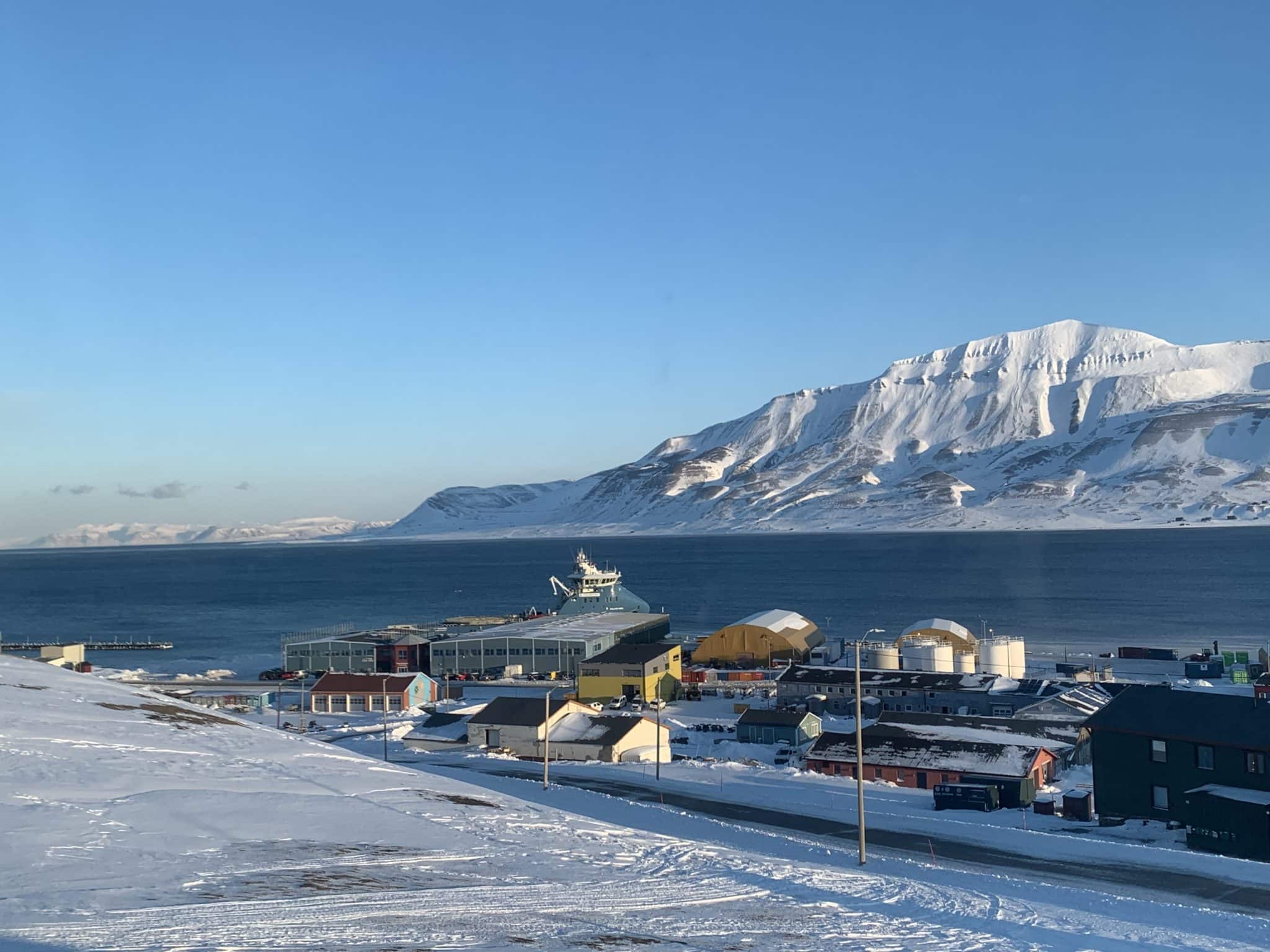Norway has exclusive rights to Continental Shelf off Svalbard
In a judgment handed down on 20 March 2023, the Supreme Court of Norway ruled that the Norwegian continental shelf off Svalbard is not within the geographical scope of the Svalbard Treaty. This means that Norway has sovereign rights on the continental shelf off Svalbard.

The case involved a Latvian fishing company that was not permitted to fish for snow crab on the continental shelf off Svalbard. Only Norwegian nationals and vessels are permitted according to Norwegian regulations.
In the Svalbard Treaty, the full and absolute sovereignty of Norway is recognised by the contracting parties, on the condition that Norway respects the rights set forth in the provisions of the Treaty. One of these rights is set out in Article 2 of the Treaty, which provides that “Ships and nationals of all the High Contracting Parties shall enjoy equally the rights of fishing and hunting in the territories specified in Article 1 and in their territorial waters”. The Svalbard Treaty scope extends to the “territorial waters” of Svalbard. The main question in the Supreme Court case was whether the territorial waters falling within the scope of the Treaty also included the continental shelf off Svalbard. The Supreme Court of Norway found that the wording “territorial waters” only includes the limited sea belt off the coast and not the continental shelf.
The Svalbard Treaty was signed in 1920. The term “continental shelf” was not a concept in 1920 and was thus not mentioned in the Treaty. The regulation of the economic rights to a state’s continental shelf was developed later, with the UN Convention on the Law of the Sea of 1982 as an important regulation today. The geographical scope of the Svalbard Treaty has been hugely discussed, with many states claiming that the purpose of the Treaty is equal access to all the natural resources of Svalbard and that the Treaty, therefor also includes the continental shelf off Svalbard.
The judgment implies that potential oil and gas exploration, offshore wind production, or deep-sea mining will be subject to Norwegian sovereignty. The opposite result would have given the parties to the Treaty an equal right to such resources.
Haavind is the only law firm with a permanent office on Svalbard and regularly advises clients regarding activities on Svalbard.

